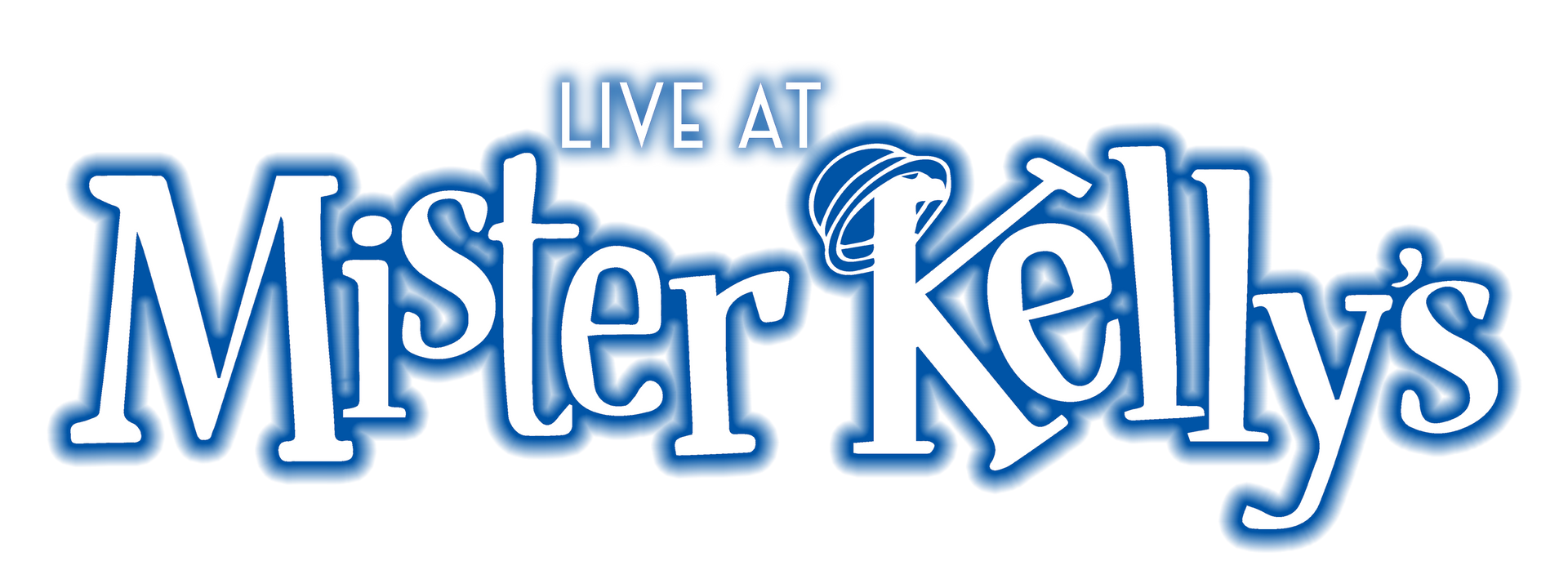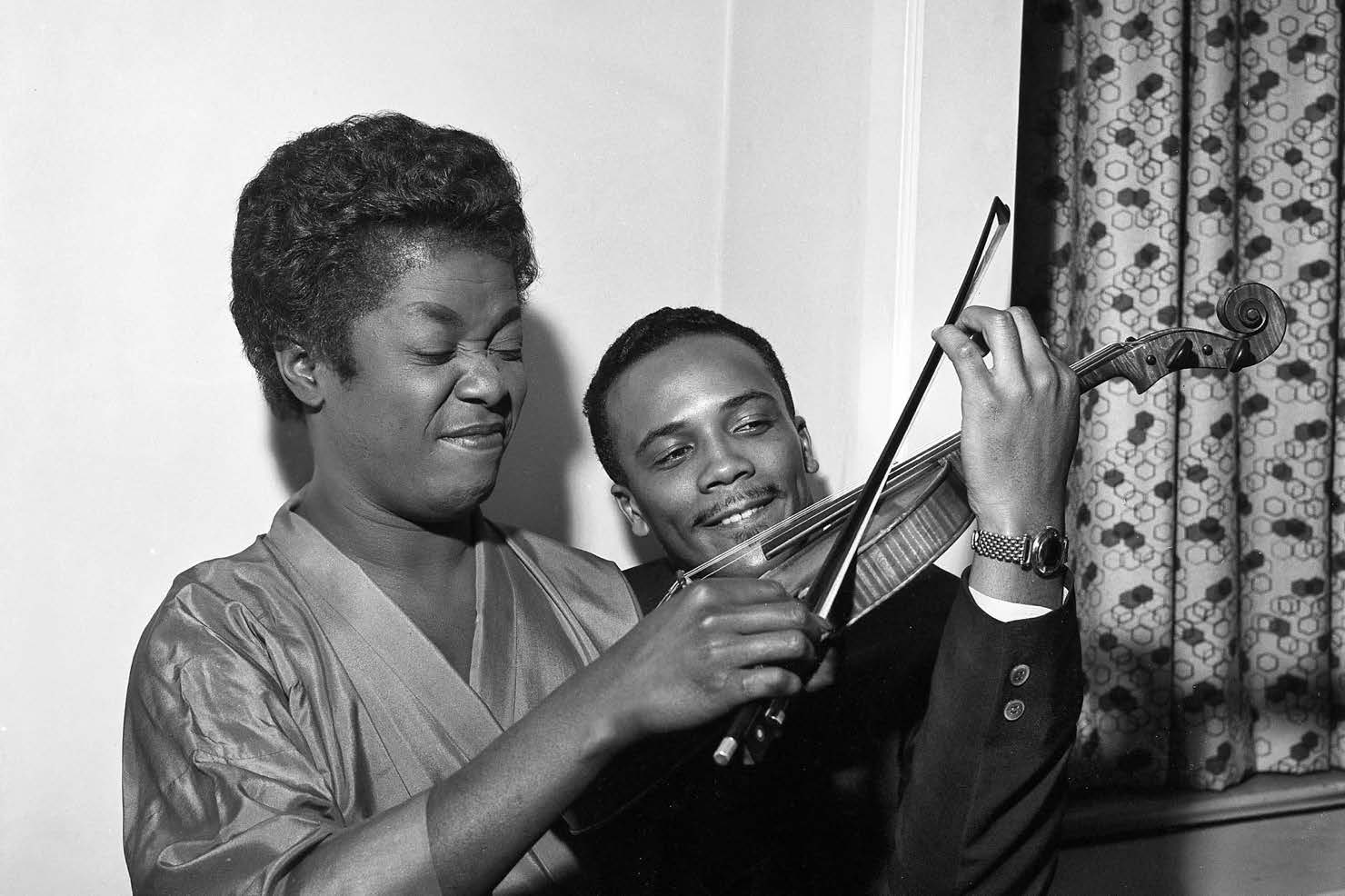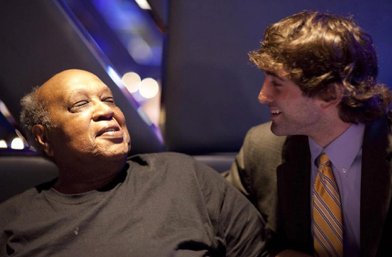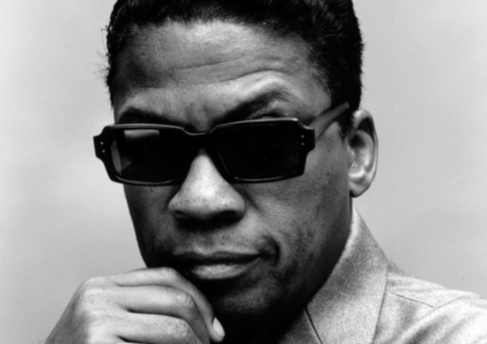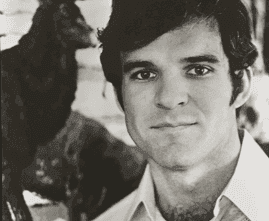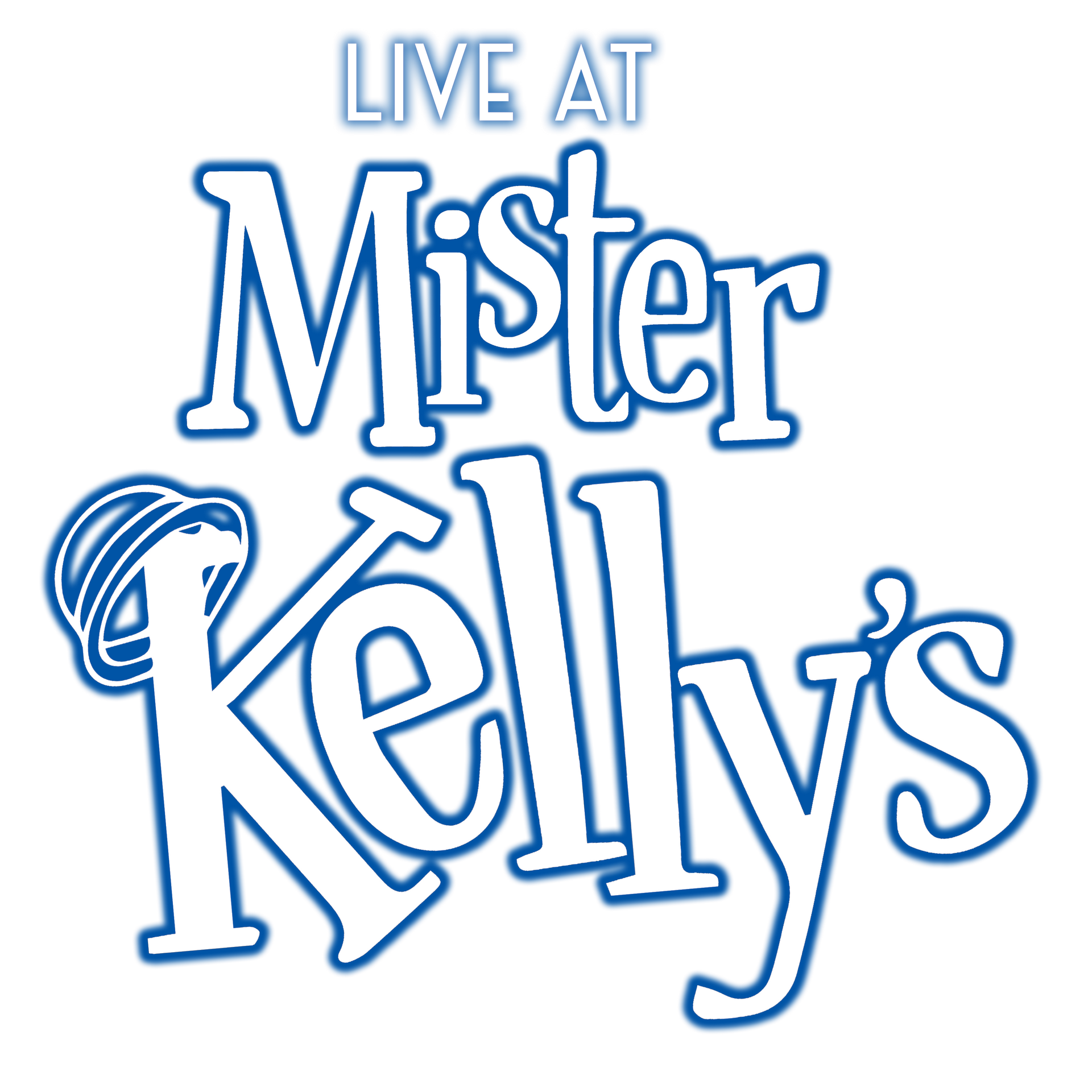Catching Up With Dick Gregory in a 2016 Interview!
- By Johnny Farrales
- •
- 01 Nov, 2016
- •
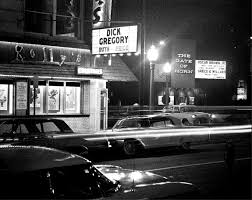
He Killed Sacred Cows and Performed With Love at Mister Kelly’s
It’s the day after Christmas, 1962, and comedian Dick Gregory is hitting the road again. He’s a popular guy, always on his way to New York, Chicago, LA—he doesn’t always have time to stop at home to see his family for the holidays, but he’ll make sure he sees his wife today. She’s been in a Georgia jail since Christmas Eve.
There had been a sit-down demonstration at the Toddle House diner for almost a week, ever since a group of black people were refused service after a nearby event with visiting Kenyan dignitaries, but even so, the restaurant’s management probably didn’t have any idea what was about to hit them when she walked through that door.
The Jim Crow laws had been stricken from the books in the city of Atlanta, but attitudes were holding on, and this was still a whites-only establishment. Here was a trio of black women on Christmas Eve, cozying into a booth and checking out the menu with no intention of leaving when asked. There’s a relatively simple solution for this type of behavior in the segregated south: arrest the protesters. The charge? Conveniently, trespassing.
24 people are now in jail, but management hadn’t anticipated a couple of factors that complicate their strategy in a rather embarrassing way for the Toddle House, not to mention the city’s Mayor: one of the arrestees owns stock in the restaurant chain. And another detail: Ms. Lillian Gregory is married to one of the biggest civil rights freedom-fighting firebrand-wits in the nation, now speeding through the sky on his way to the scene of the crime.
Lillian is six months pregnant with Gregory’s third child, and has been on a hunger strike for 48 hours. The court sent a doctor to attend to her after she was apprehended, which perhaps was the decent thing to do in an otherwise indecent situation—but somehow she found the idea of a gynecological exam while in prison unappealing. She has received no medical attention while behind bars.
Today is her day in court.
You might expect Dick Gregory to really wind up the crowd on an occasion like this. I mean, if anyone would have some choice words for the situation, it’d be him. He’s the guy who kicked off his career with jokes like “A southern moderate is a cat who will hang you from a short tree.” But he’s not cutting up today. He’s talking to reporters, but he’s measuring his words, stating simply that her children miss her, but she talked with them on Christmas Eve, and they understand the situation.
We don’t know the unspoken rants—or the fears— running through Dick’s head, as she faces the court, but here’s what we do know: After this hearing, Lillian will be released from prison, blacks will be served at every one of the restaurants in the chain that owned the Toddle House, and none of this will make Dick miss his performance run at the nation’s comedy hot spot: Mister Kelly’s on Rush Street in Chicago that very night.
Dick Gregory was a serious and dedicated professional in a frequently silly world. His big break came from Hugh Hefner on a night when he got off at the wrong bus stop accidentally, and ran through the snow to get to the Playboy club on time for a show. He got up on stage and proceeded to kill in a room full of Southern businessmen—not exactly the friendly demo for a black man in 1961. In another instance he was in a car accident, and after a quick stop at the doctor’s, he made it to the mic to break a leg (figuratively) at Mister Kelly’s that very night.
For many younger people, Gregory’s prominence may have been eclipsed by the tabloid adventures of his contemporaries, Bill Cosby and Richard Pryor. To current generations, he is perhaps the least “Hollywood” of this triumvirate of famous black comedians who broke sharply from the tradition of black stereotypes in comedy and emerged on stages in the early ‘60’s. In Ebony Magazine, October 1960 Steve Allen said “Just imagine a Negro comic getting up on a stage and saying some of the things that Lenny Bruce or Mort Sahl are getting away with.” Imagine they did. They poked fun at the absurdities of racial attitudes and politics, and they proceeded to rule their decade with jokes that were consciousness-raising, unabashedly political, and still very, very funny.
Gregory was once described by a Chicago critic as a killer of sacred cows. He’d cut his teeth on amateur performances in the army, and he developed a dry, off-the-cuff style where stories about seemingly unremarkable events were expertly punctuated by surprise punch lines--often jabbing back at common subtle or overt racism. He had a keen awareness of subtext and human motivation. His first book was titled Nigger, and in it he stated that his slave ancestors could rest easy knowing that any time the word was used it was advertising his book.
All this made him exactly the type of guy that my dad, George, and his brother, Oscar, wanted on stage at their club, Mr. Kelly’s. They had a philosophy of inclusiveness, and that was extended to black performers, staff, and customers, and they certainly had no fear of political provocation—just ask Lenny Bruce and Shecky Greene!
Gregory’s first run at Mister Kelly’s met with great reviews. The Chicago Defender published a piece that said: “Two years ago, Gregory skyrocketed from an obscure, struggling existence, to national acclaim. Today, he is considered the best of the crop of ‘standup’ Negro comedians. His esoteric wit and barbs discrimination and segregation has become his hallmark. He is also one of the nation’s highest paid entertainers.”
Another said: ”Dick Gregory, who has received a hot tip that the meek do NOT inherit the earth, will set forth--with plenty of plausible pleasantries-- his scheme for making sure that they’re invited to the reading of the will, at Mister Kelly’s on Monday, Dec. 17 for three weeks.”-The Chicago Defender, Dec. 15, 1962

Gregory’s run at Mr. Kelly’s was followed by eight years of whirlwind success, deepened by his Civil Rights activism. He essentially put aside a multi-million dollar career to dedicate time at picket lines and marches, and, like his wife, in jail cells. He even ran for president! Earl Calloway in the Chicago Defender said of him: “he has emerged from the classification of comic and has become one of America’s greatest entrepreneurs of humanity.” After all those adventures we were lucky enough to have him return to the club for a victory lap in the early ‘70’s. As before, The Chicago Defender did an excellent job of describing him.
Here are a couple of the best quotes from their Big Weekend Edition on May 2, 1970:
“The first black comic to comment on the social conditions, lifestyle, and attitudes of black people in America returns to the Chicago entertainment scene on Monday, May 4, for a 3-week date. Appearing on the bill with Dick, will be vocalist Marion Love….In a field where black artists were long subjected to being demeaned and made white by shortsighted entrepreneurs, Gregory emerged as one of the first to imply, through his attitudes and material, an overwhelming feeling of black--and human-- pride.”
“Through all his activities for peace and freedom, Gregory still retains his essential sense of humor and human warmth. He still enjoys himself and finds great satisfaction in making his audiences feel good. A serious subject given the Gregory touch is sure to have the audience laughing as well as thinking.”
--The Chicago Daily Defender (Big Weekend Edition) May 2, 1970
At 83 he’s still a ubiquitous force in several media channels, memorable for his luxurious white beard, killer side-eye, and his ability to talk at length on political subjects. He’s been doing plenty of appearances on TV, radio, and online content, sharing jokes, observances, conspiracy theories, and philosophical thoughts to help make the world a better place. He even has a wellness company called Health Enterprises Inc. that promotes vegetarianism for African Americans, and a Caribbean Diet for Optimal Health. There really is no nutshell description of this guy! Most recently, John Legend is producing an off-Broadway play based on Gregory’s life and comic genius called “Turn Me Loose” starring the great Joe Morton.
Gregory has always had fun, but he also has lived his life with a sense of purpose and an overriding love for his fellow human beings, and that’s what made him a truly special and beloved national figure to this day. I’m thrilled to announce that I had the opportunity to sit down with him for a recorded interview, which is part of the research for my documentary project about Mister Kelly's. It was amazing to hear his memories of the old times, and of my family. Lastly, check out one of his recent appearances HERE.
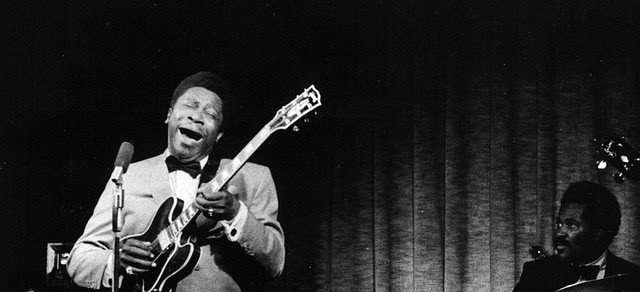
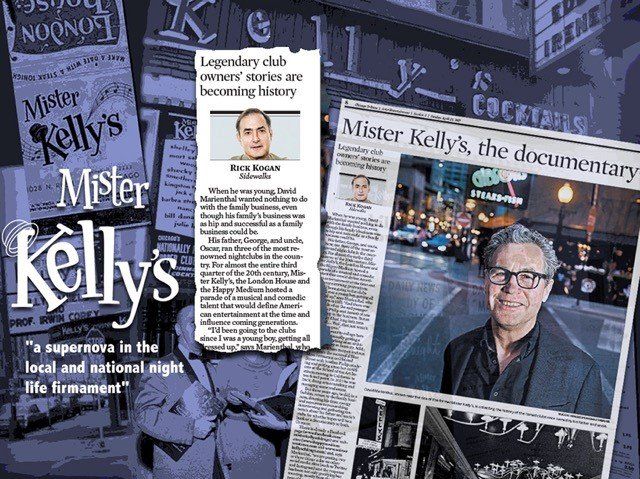
When he was young, David Marienthal wanted nothing to do with the family business, even though his family's business was as hip and successful as a family business could be.
His father, George, and uncle, Oscar, ran three of the most renowned nightclubs in the country. For almost the entire third quarter of the 20th century, Mister Kelly's, the London House and the Happy Medium hosted a parade of a musical and comedic talent that would define American entertainment at the time and influence coming generations.
"I'd been going to the clubs since I was a young boy, getting all dressed up," says Marienthal, who was born in 1951. "And there was some talk of us (he and younger brothers Philip and James) of one day getting in the business. But as a teenager I had long hair, torn jeans and …. Well, that just wasn't going to happen."
So off he went to college here and there, eventually getting a degree and working as an architect and builder in Sante Fe, N.M.; coming back here to open and run for 17 years the successful Blue Mesa restaurant on Halsted Street with brother Philip; studying and getting a teacher certificate at the School of the Art Institute; moving to California to teach and paint. In 2010 he was back, doing arts consulting and managing some real estate.
But three years ago, he did, in a fashion, return to the family business, devoting his time, energy and resources to researching, interviewing and gathering materials about his father and uncle's clubs for what he hopes will be a book or a documentary or both. Or more.
There is already a Facebook page ( www.facebook.com/misterkellyschicago ) and websites ( www.happymediumventures.com and www.misterkellyschicago.com ) and, says Marienthal, "we are posting two or three things a day on other social media sites (such as Twitter and Instagram) and the response has been not only gratifying but amazing, mostly from the 18-35 year old crowd."
This is how he puts a possible TV series — already with a script being pitched to producers — on his website:
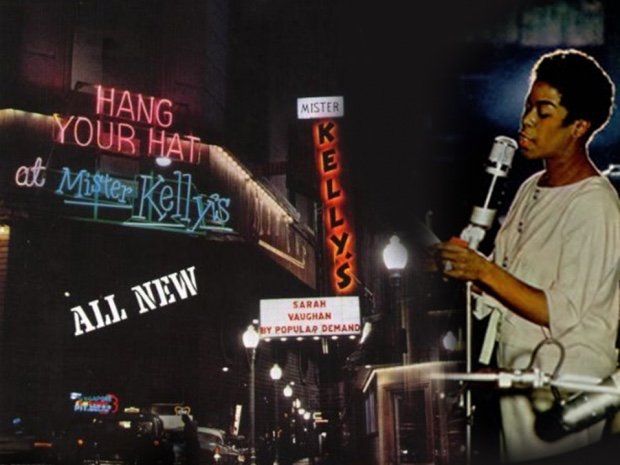
Join us to support the legacy of Mister Kelly's and the documentary film being produced by David Marienthal with WTTW Chicago Public Media, directed by Philip Koch.
This two-act concert features Kimberly Gordon, Sophie Grimm, Lynne Jordan, Frieda Lee, LaShera Moore, Daryl Nitz, Jeannie Tanner, and Ellen Winters. Musical direction by Andrew Blendermann, with Joe Policastro on bass, Phil Gratteau on drums. Special guest performance by a Chicago high school student protege from ChiArts.
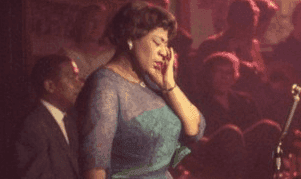
Happy Medium Ventures and Daryl Nitz Entertainment present:
Ella Live at Mister Kelly's: a benefit performance and preview for the documentary film, “Mister Kelly’s: Wasn’t It a Time?”
Monday, January 29, 2018
City Winery Chicago at 1200 W. Randolph Street, Chicago, IL 60607
$25-$40
For tickets go to Ella at Mister Kelly’s
Ella Live at Mr. Kelly's
On August 10, 1958, Ella Fitzgerald recorded her “Live at Mister Kelly’s” LP. In 2007 the concert was remastered and re-released in its entirety, including the early and late sets. This Ella centennial celebration concert presents the entire concert, without song duplication, of both sets. Featuring such songs as "Nice Work If You Can Get It," "The Lady Is a Tramp," "Summertime," "Witchcraft," "Come Rain or Come Shine," "Stardust," and many more from the classic American songbook of Gershwin, Rodgers & Hart, Porter, and others. Featuring Sophie Grimm, Lynne Jordan, Frieda Lee, Liz Mandeville, LaShera Moore, Daryl Nitz, Alina Taber, and Ellen Winters. Musical direction by Andrew Blendermann, with Joe Policastro on bass, Phil Gratteau on drums.
Mister Kelly’s: Wasn’t It a Time
Mister Kelly’s Once called a “supernova in the local and national night life firmament,” the legendary Mister Kelly’s illuminated legendary Chicago’s Rush Street, and the entire country, by launching talent like Barbra Streisand, Woody Allen, Bette Midler, Herbie Hancock, and Richard Pryor. It’s visionary owners George and Oscar Marienthal smashed color and gender barriers to put fresh, irreverent voices on stage and transform entertainment, as America knew it in the 50s, 60s, and ’70s.
Now, with the club long gone, and its star talent reaching its golden years, George’s son David, goes on a quest to collect the memories of the clubs before they are lost. Celebrity interviews now include Bob Newhart, the Smothers Brothers, Dick Gregory, Lainie Kazan, Dick Cavett, Shecky Greene and Ramsey Lewis. Interviews with dozens of local musicians, staff, family, and patrons provide a delightful balance with engaging stories, rich with vintage detail. Discussions are underway to interview Woody Allen, Lilly Tomlin, Bette Midler, Barbara Streisand, Steve Martin and others.
The film will portray through interviews, live footage, photos, music, and song, the most beloved and famous talent of our time at the decisive moments when they showed up, dug deep, and broke in. How do you change the world with a laugh and a song? Find out in a film that documents the rise and fall of one of American entertainment's great proving grounds.
Check out the hot sizzle reel and read Rick Kogan’s story in the Chicago Tribune and the links below for more about this exciting new film.
• Chicago Tribune Story: http://trib.in/2pZT07H
• Website: http://www.misterkellyschicago.com
• Facebook : https://www.facebook.com/misterkellyschicago
Happy Medium Ventures is the leading curator and steward of legendary Chicago nightlife venues, London House, Mister Kelly’s, the Happy Medium, and the Rush Street scene, from 1946-1970’s; the epicenter of Chicago’s entertainment scene. Today, Happy Medium Ventures is reviving this bygone era for a new generation of fans through an unprecedented collection of photos, recordings, press clipping. First-person interviews include key players in the Rush Street scene — from celebrity performers at London House, Mister Kelly’s and other Rush Street venues, to the employees behind the scenes, patrons of the nightspots, family and friends. Happy Medium Ventures aims to capture the fun and excitement through a documentary film, a new TV series, vibrant social media and other original content about this captivating chapter of Chicago history.
Daryl Nitz Entertainment is an event-concert production company specializing in shows that celebrate cultural anniversaries and historical recreations. Operating since 2004, with such show as “Judy at Carnegie,” “Voices of Chicago,” “Ladies Sing the Blues: a centennial birthday concert for Billie Holiday,” “It Was a Very Good Year: a centennial birthday concert for Frank Sinatra,” “Above Us Only Sky: John Lennon at 75,” “That’s Amore: a Dean Martin centennial celebration” and many more.
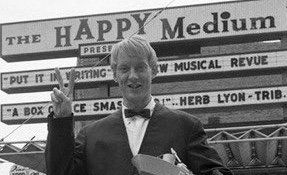
The
Mister Kelly’s team is overwhelmed by the incredibly talented and generous
people that we have met, while creating our archive of the Marienthal Brother’s
legendary nightlife empire. From colorful Rush St. regulars to famous
performers, and everyone in-between, it has been a thrill. One of the most exciting encounters has been
working with the renowned photographer, Art Shay. At the age of 95, Art is truly a legend in
his own time.
Shay began his career as a writer and journalist, but after showing a great eye for capturing images, soon transitioned into a career as a photographer. Based out of Chicago, he became one the nation premier photographers, working for major publications such as Life, Time, and Sport Illustrated. Art Shay photographed everything, from historic moments (1968 Democratic Convention) and iconic personalities (Muhammad Ali, The Rat Pack, President Kennedy), to street photography that captured the everyday life of average Americans. In the process he became one of the most celebrated artists of his medium and a Chicago legend.
In light of this, we were honored when Mr. Shay was kind enough to donate one of his brilliant works to our project recently. The print is a wonderful slice of Chicago’s Rush Street from the 1960s. The photo was taken outside of The Happy Medium and features actor Tom Williams dressed as a child, holding a toy boat.
Why is a grown man dressed as a child? Why a toy boat? Well, this can be explained. Tom Williams was part of was a comic review, produced by the Marienthal Brothers, called Put it In Writing . In the political satire, Williams plays America’s youngest president (an obvious nod to the newly elected JFK), who still has some childlike features. Put it in Writing would become the biggest play to originate at The Happy Medium and, after a long run in Chicago, it eventually made its way to New York for an off-Broadway production.
We are humbled to receive this generous gift from such a preeminent artist. The photo is a brilliant image of mid-century Chicago history, from one of the men who documented it best. The photo will be cherished and used in our mission to record this unique piece of Chicago and American history. We wish to give a heartfelt thank you to our friend Art Shay, who contributed this beautiful photo to the Mister Kelly’s archive.
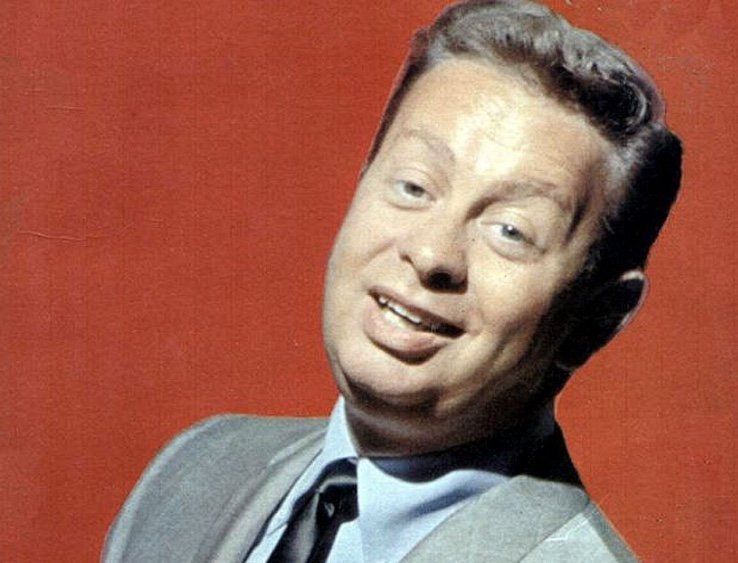
Guest Blogger Sam Fazio is a popular Chicago vocalist. He writes about Chicago’s own Mel Tormé, who appeared at Mister Kelly’s many times over the years.
A Kid from the South Side
Born Melvin Howard Tormé in 1925 on the south side to Jewish Russian immigrants, he started singing at a very young age of four with the Coon-Sanders Orchestra, performing at Chicago's Blackhawk restaurant. He continued his early career on radio series, playing drums and writing songs—all before high school graduation.
